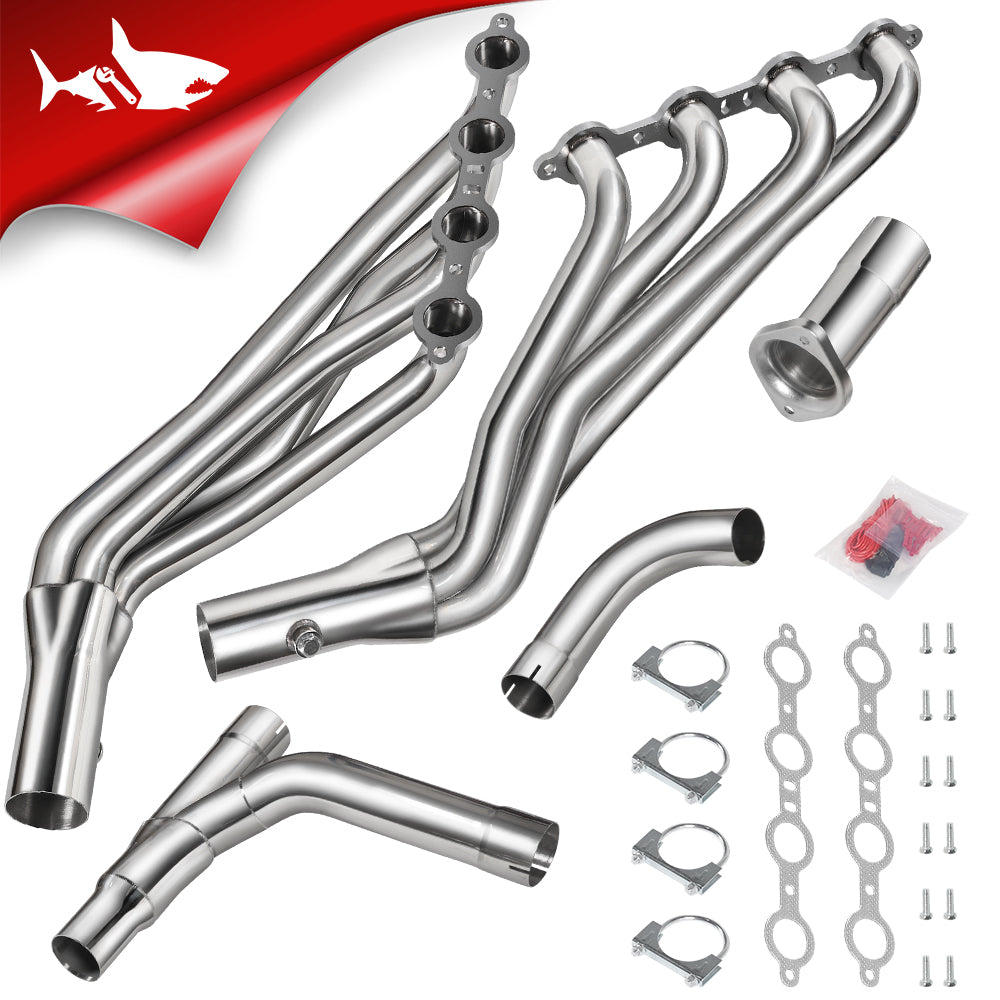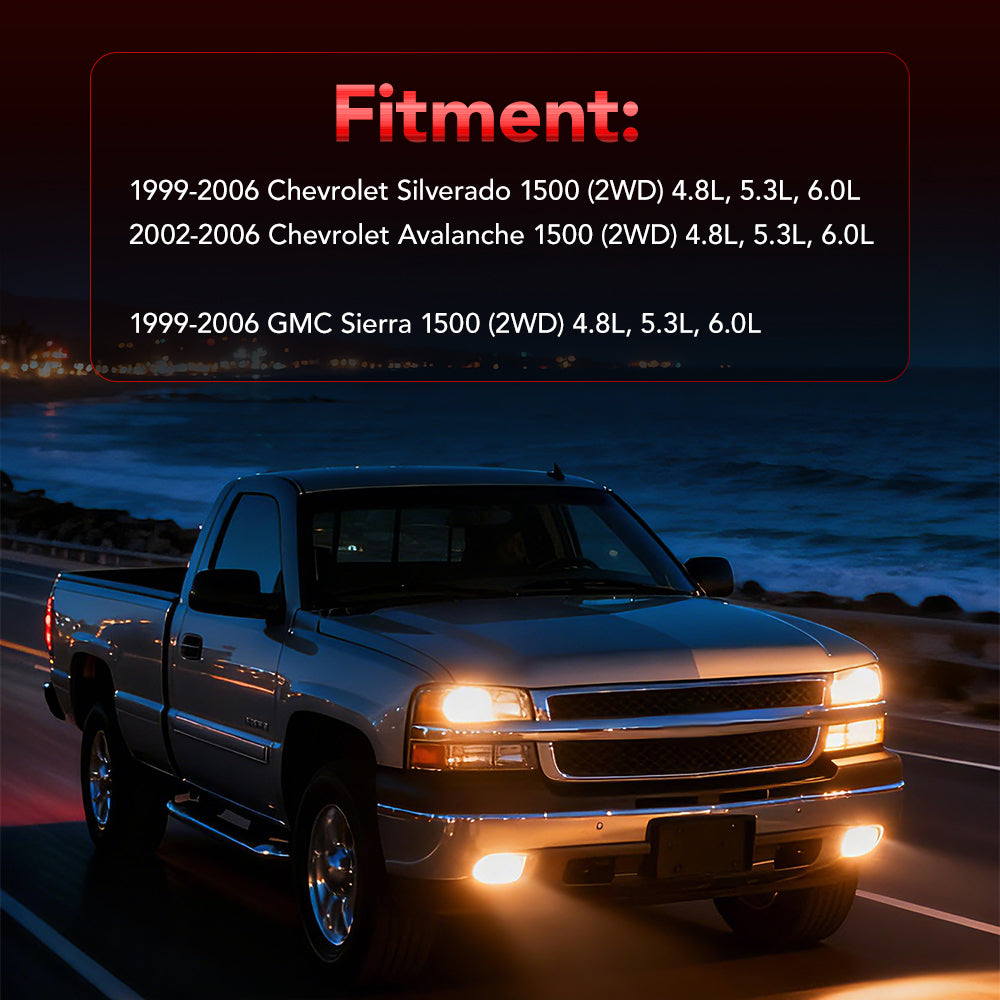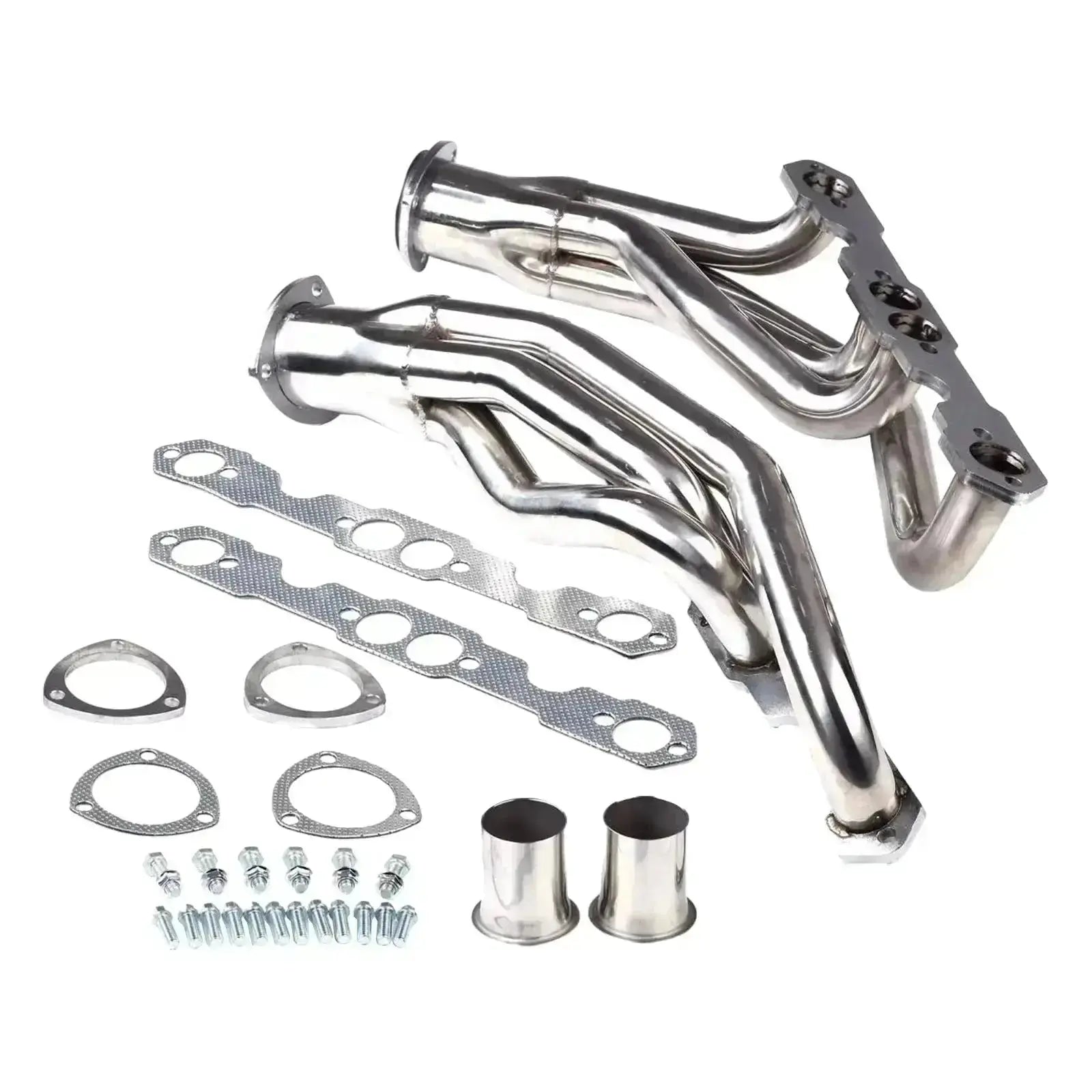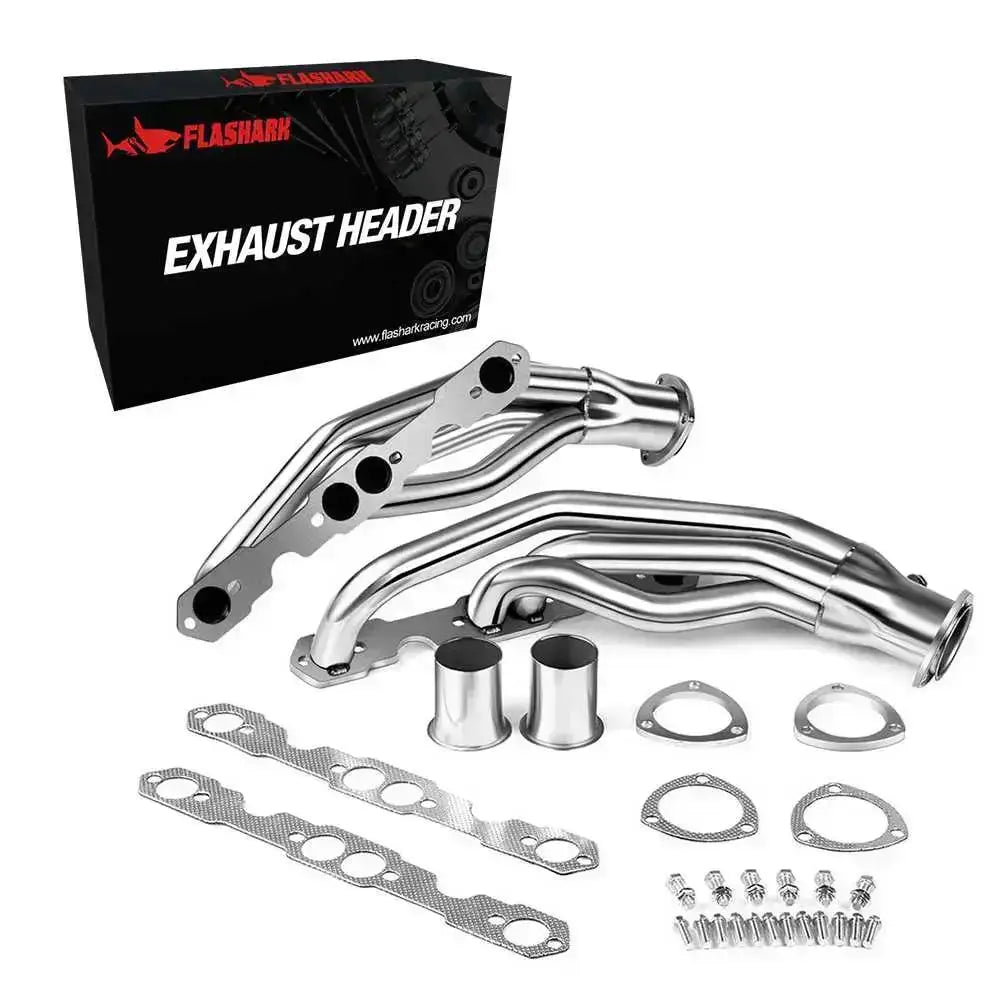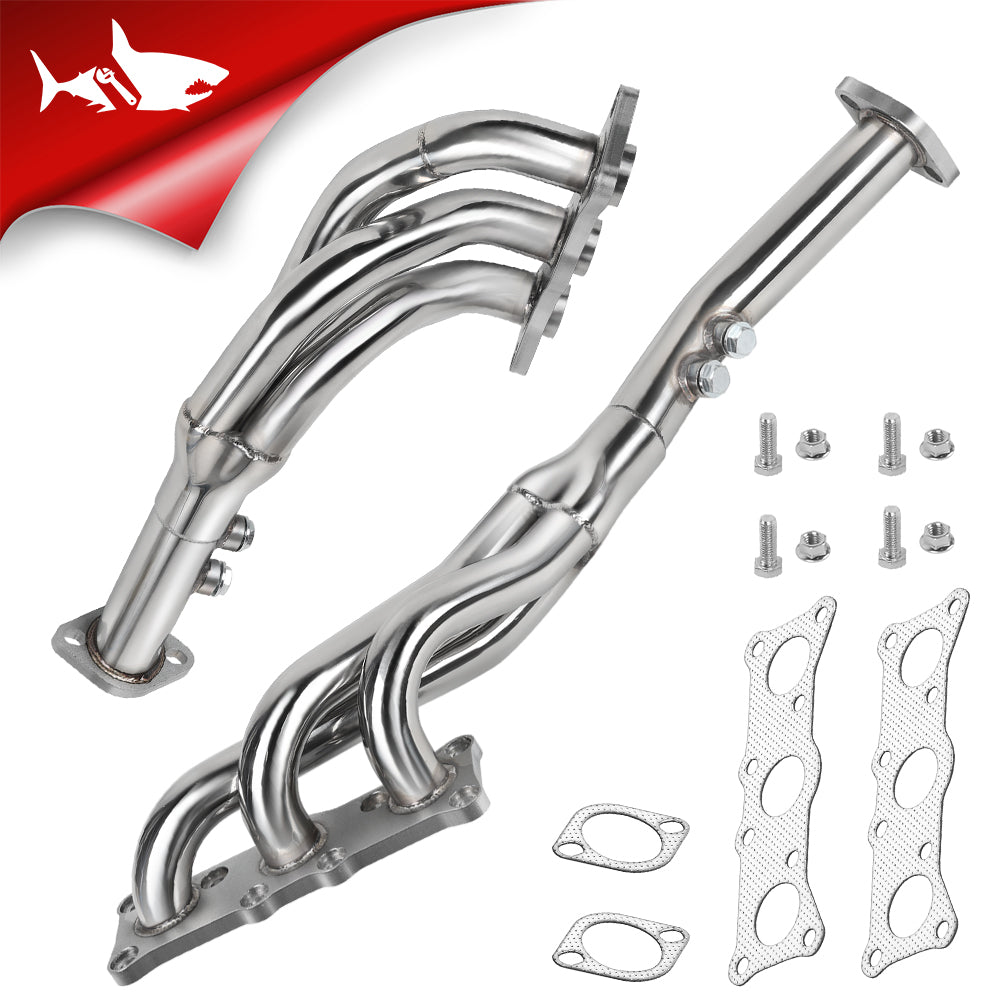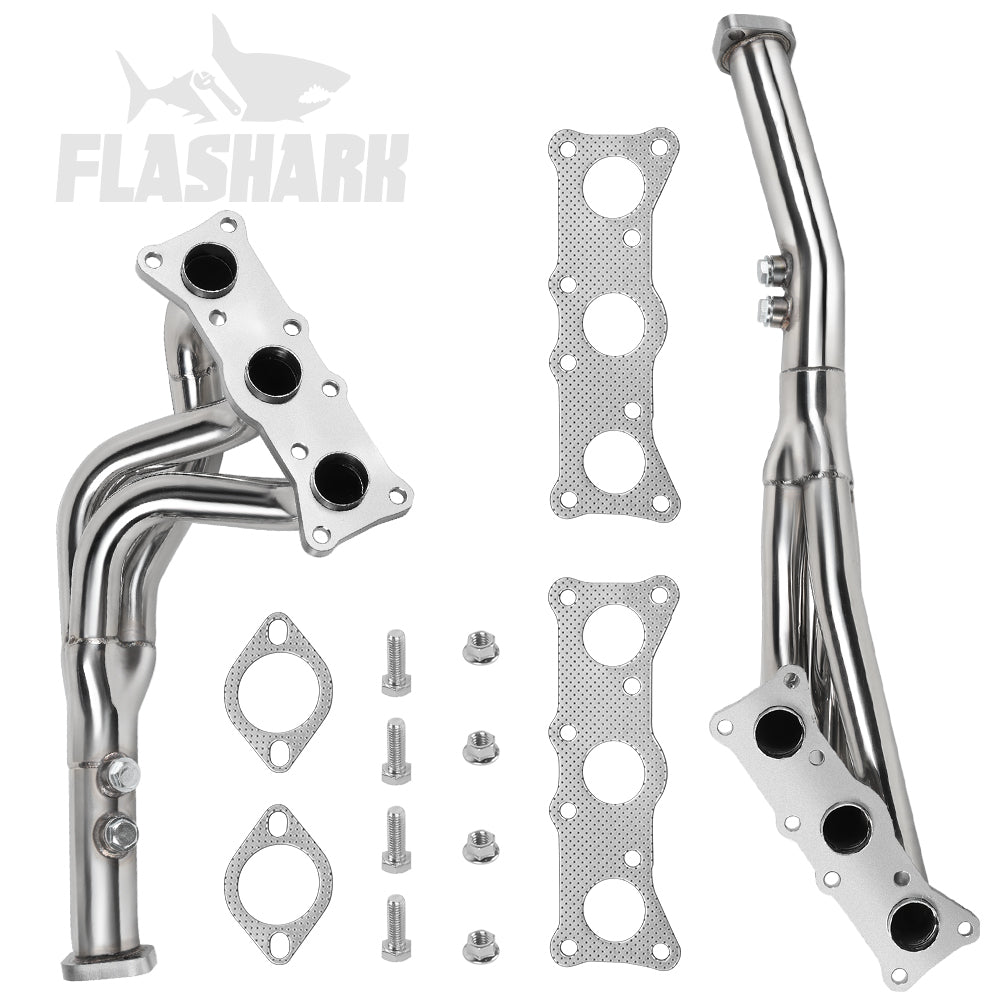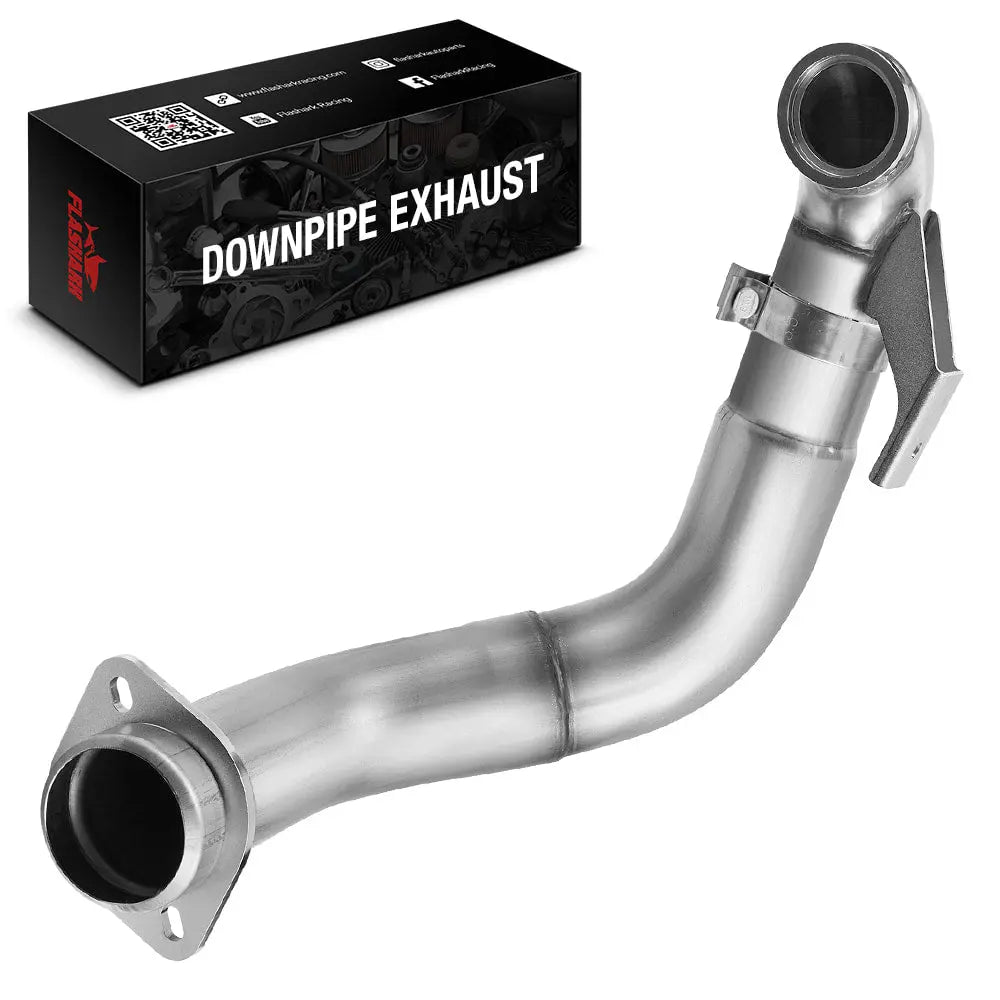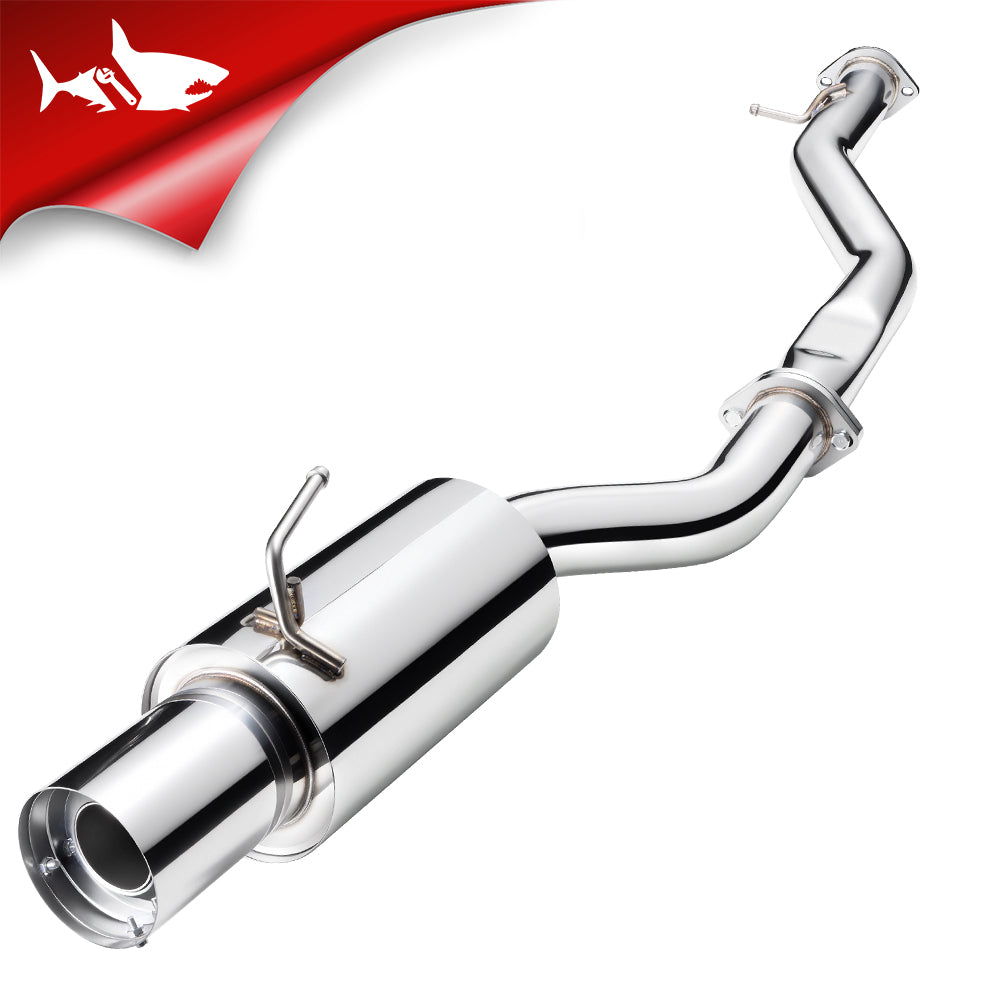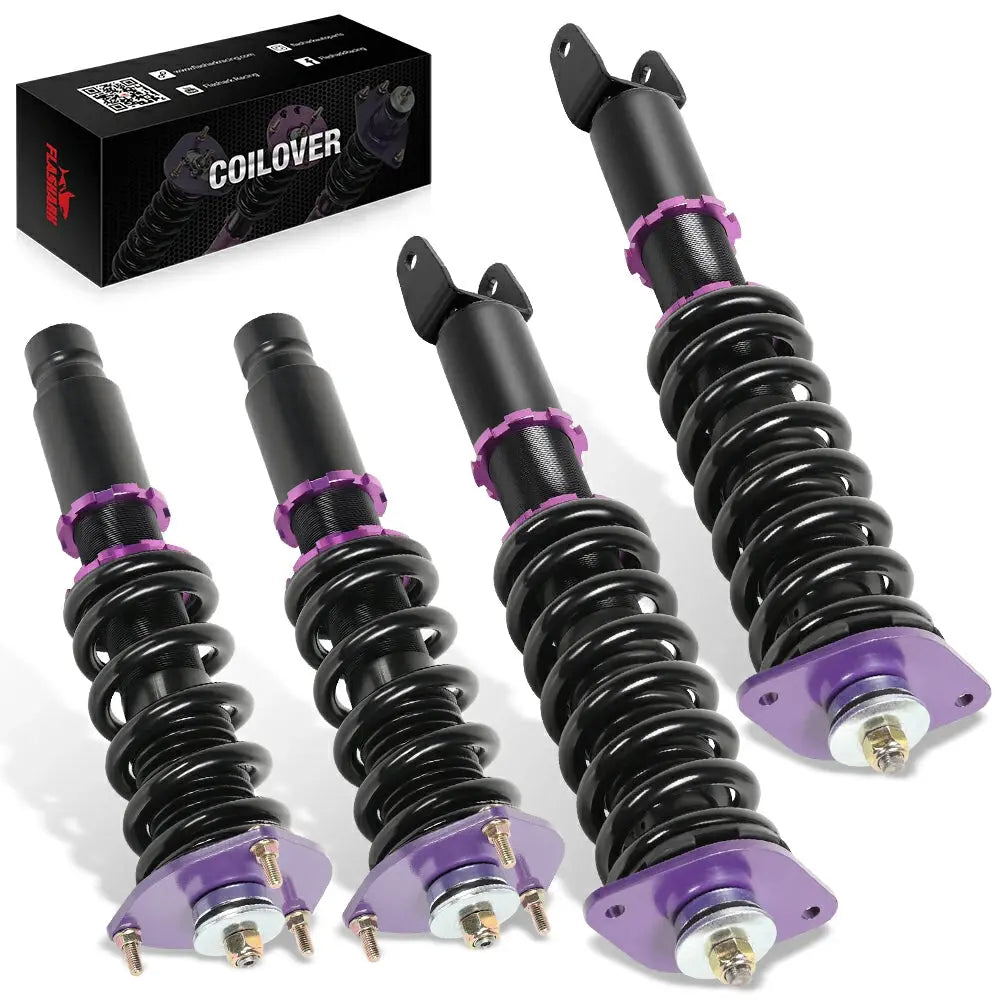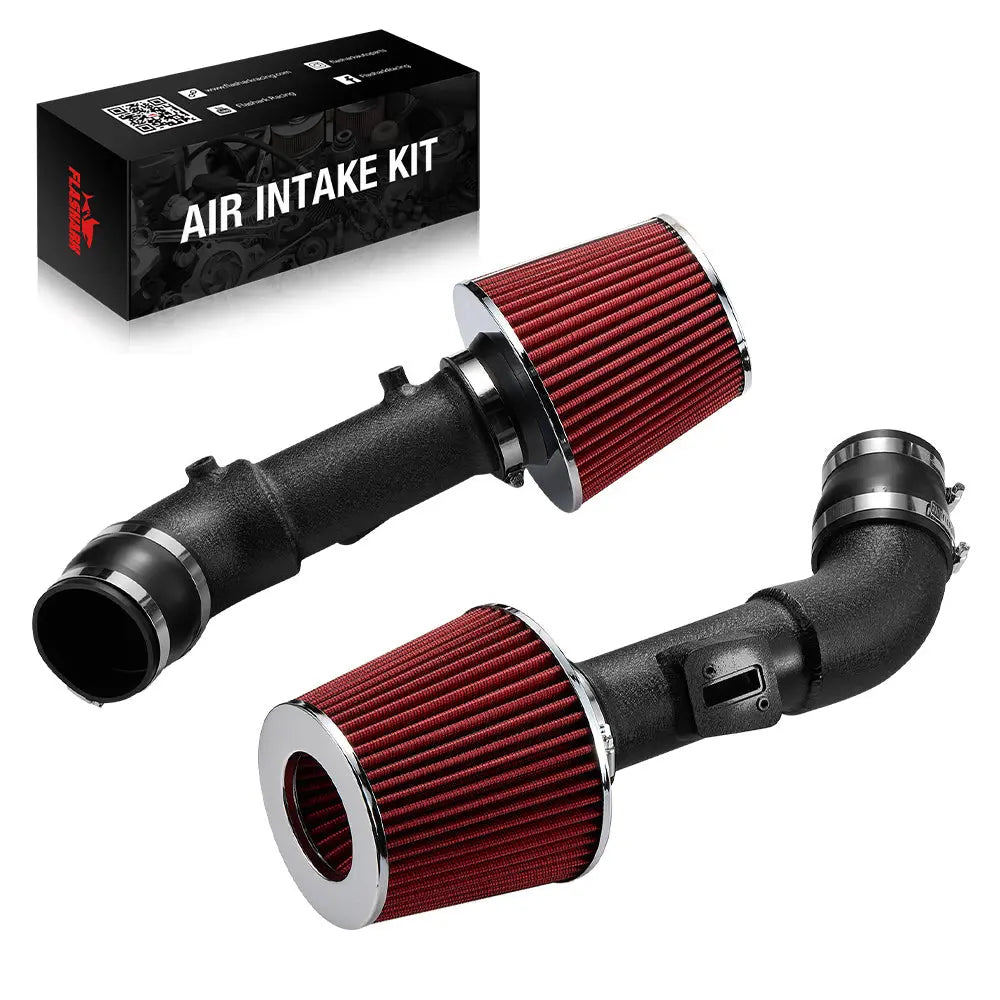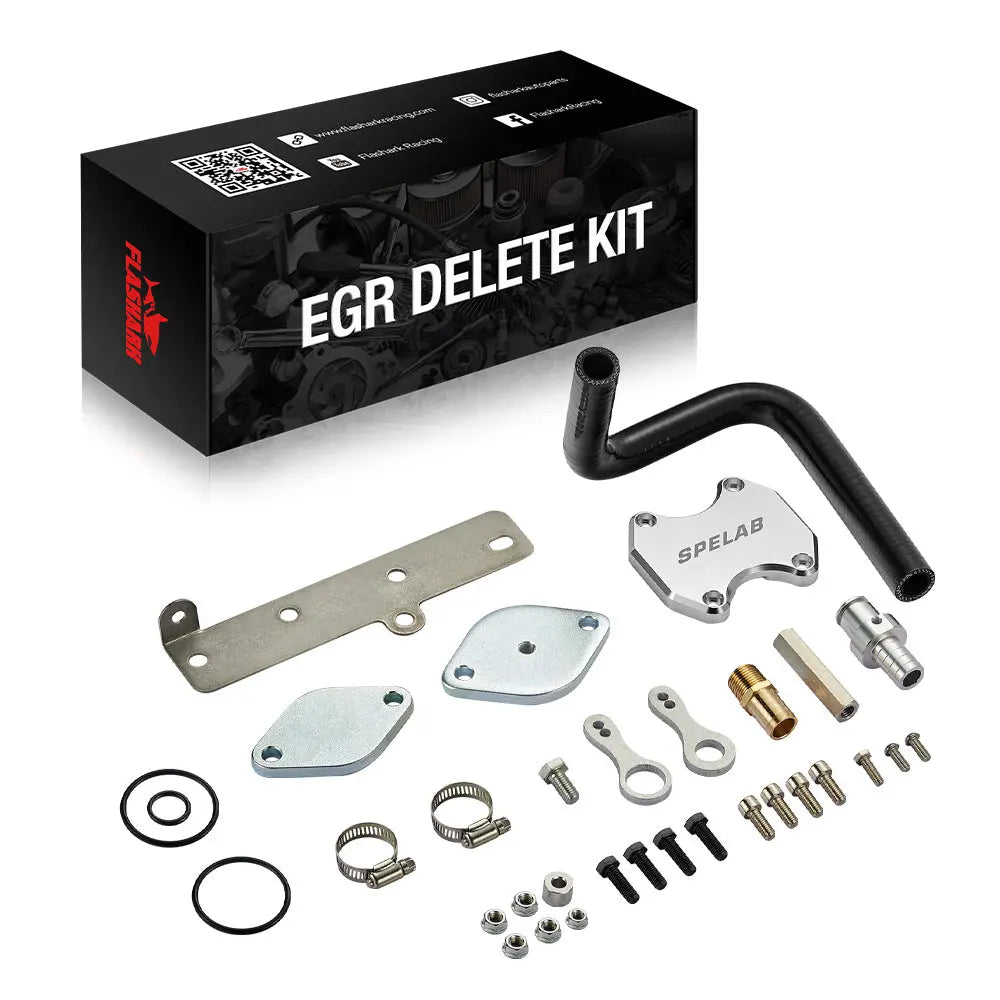Modern diesel engines—like the 6.7L Cummins, Powerstroke, or Duramax—are absolute heavy-duty powerhouses. But straight from the factory, they are essentially breathing through a straw. To meet strict emission standards, manufacturers bolt on a trifecta of emissions equipment: the EGR, DPF, and DEF systems. Over time, these systems choke the engine, spike exhaust gas temperatures (EGTs), and lead to costly downtime. That’s why many off-road and track enthusiasts look into "deleting" their diesels.
TL;DR: The Bottom Line on Diesel Deletes
Deleting a diesel means physically removing the factory emissions hardware (EGR, DPF, SCR/DEF) and rewriting the engine control module (ECM) with a custom tune so the truck runs without them. Here is the reality based on specific use cases:
- For Dedicated Track/Off-Road Use: Unlocks massive airflow, drops EGTs by 100°F to 200°F, improves throttle response, and can yield a 1-3 MPG increase by removing exhaust restrictions.
- For Daily/Street Driving: It is federally illegal in the United States under the Clean Air Act. It immediately voids your powertrain warranty, makes the truck nearly impossible to trade in at major dealerships, and can result in fines exceeding $10,000.
- Core Requirement: You cannot just unbolt the hardware. A specialized ECM tune is mandatory, or the truck will permanently lock into "limp mode."
The "Big Three" Restrictors: Why Diesels Get Choked Out
To understand why a delete kit is used, you need to understand what is killing your engine's efficiency. It usually comes down to three systems fighting against your turbo and airflow.
1. EGR (Exhaust Gas Recirculation)
The EGR routes hot, soot-filled exhaust gases right back into your fresh intake manifold to lower combustion temperatures and reduce NOx emissions. Imagine trying to run a marathon while breathing in your own exhaled breath—that’s what your engine is doing.
🔧 Master Tech Case File: I remember an '18 Ram 2500 6.7L Cummins came into the shop a few years ago. The owner was complaining about sluggish acceleration and terrible fuel mileage. They thought the DPF was clogged. When we pulled the intake horn, we found it wasn't the exhaust—it was the EGR. The intake was caked in nearly two inches of thick, wet carbon sludge. The airflow passage was reduced to the size of a golf ball. This is exactly why an EGR delete kit is often the first step for off-road builds to stop internal engine wear.
2. DPF (Diesel Particulate Filter)
Located in the exhaust stream, the DPF acts like a massive trap for soot. When it gets full, the truck sprays raw fuel into the exhaust to burn it off (an "active regen"). This creates massive exhaust backpressure and kills your fuel economy. A DPF delete pipe replaces this restrictive honeycomb filter with a straight-through pipe, instantly allowing the turbo to spool faster.
3. DEF / SCR System
The Selective Catalytic Reduction (SCR) system injects Diesel Exhaust Fluid (DEF) to break down NOx. The problem? DEF pumps fail constantly, the fluid freezes in winter, and bad sensors will literally limit your truck to 5 MPH until you spend $2,000 at the dealership.
The Pros & Cons: Raw Data vs. Reality
Let's cut the marketing fluff. Here is exactly what happens when you delete a modern diesel for competition use.
| The Hard Benefits (Pros) | The Severe Risks (Cons) |
|---|---|
|
|
⚠️ The "Ghost Town" Dashboard: You MUST Tune It
A lot of newbies watch online tutorials, buy a cheap straight pipe, and directly cut out their DPF without touching the software. Do not do this. I've seen guys tow their trucks into the bay with the dashboard lit up like a Christmas tree. Without an ECM tune (like EZ Lynk or EFI Live) telling the computer the sensors are gone, the truck will instantly trigger dozens of DTCs (Diagnostic Trouble Codes) and lock into a 40 MPH limp mode. A delete is 20% hardware and 80% software.
Legal and Practical Alternatives to a Full Delete
If you use your truck for daily driving or hot-shotting across state lines, a full delete is a massive liability. Instead of risking impoundment, consider these shop-proven alternatives:
- Emissions-Present Tuning: You can tune the ECM for better transmission shifting and optimized fuel mapping without removing the DPF/EGR. It's 50-state legal and still provides noticeable torque gains.
- Upgraded EGR Coolers: Factory EGR coolers crack and leak coolant. Swap it out for a robust aftermarket cooler (like a BulletProof Diesel unit) to maintain emissions compliance without the failure rate.
- Preventative DPF Cleaning: Instead of waiting for the DPF to clog at 120,000 miles, take it to a heavy-duty shop to have it professionally removed and baked in a kiln to clean out the ash.
Frequently Asked Questions (FAQ)
Q1: What does deleting a diesel truck mean?
A1: Deleting a diesel refers to the process of physically removing factory emissions components (the EGR, DPF, and SCR/DEF systems) and installing custom engine tuning software (ECM) so the vehicle operates without those restrictive systems. This is strictly for off-road or competition use.
Q2: Is a diesel delete illegal?
A2: Yes. In the United States, modifying or removing factory emissions control devices on any motor vehicle designed for public roads is a direct violation of the federal Clean Air Act, enforced by the EPA. This applies to all 50 states.
Q3: Will deleting my DPF improve MPG?
A3: Typically, yes. Because the engine no longer needs to dump raw diesel fuel into the exhaust stroke to perform "active regenerations" (burning off soot in the DPF), owners usually see a fuel economy increase of 1 to 3 MPG.
Q4: Can I delete my truck without a tuner?
A4: Absolutely not. If you physically remove the DPF or EGR without flashing the ECM with a delete tune, the truck's computer will detect missing sensor data. It will throw multiple trouble codes and immediately restrict the engine to a low-speed "limp mode."
Q5: Will a delete void my factory powertrain warranty?
A5: Yes. The moment a dealership technician plugs into your OBD-II port, they can see if the ECM has been flashed or tampered with. Removing emissions equipment will void the powertrain and engine warranties.
Q6: Do I need an EGR delete if I do a DPF delete?
A6: While not strictly mandatory, they are almost always done together. If you delete the DPF but leave the EGR, the engine will still ingest soot-filled exhaust gas, leading to internal carbon buildup. Tuning software usually accounts for both being removed simultaneously.
Q7: How much does a full diesel delete cost?
A7: For modern diesels, a complete package (EGR block-off plates, DPF delete exhaust pipe, and the required hardware/software tuner like EZ Lynk) typically ranges from $1,500 to $3,000+, not including shop labor.
Q8: Will my truck pass emissions testing after a delete?
A8: No. A deleted truck will fail a visual inspection, an OBD-II plug-in test (due to missing readiness monitors), and a tailpipe sniffer test. It cannot be legally registered in counties that require smog checks.
Q9: What happens to the DEF fluid after a delete?
A9: Once the DEF/SCR system is removed and tuned out, the truck will no longer consume or require Diesel Exhaust Fluid. You can leave the tank empty or physically remove the tank from the chassis to save weight.
Q10: What are the legal alternatives to deleting?
A10: If you want reliability without breaking the law, you can run "emissions-present" tuning to safely boost power, install upgraded heavy-duty EGR coolers, and maintain your DPF with professional thermal cleaning services at high mileage intervals.


